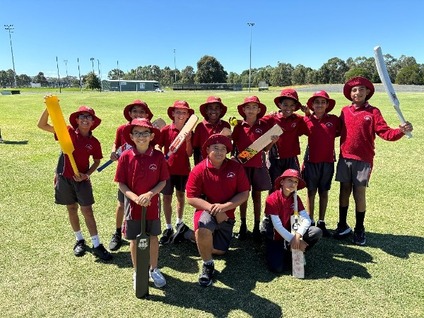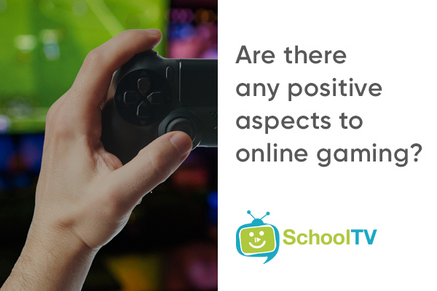Filter Content
Dear Parents and Carers
We would like to wish you all a very Happy and Holy Easter. For those who are taking the opporuntity to holiday, travel safely and enjoy the special time with family and friends.
Here is the schedule for Easter Mass Services at St Patrick's Church
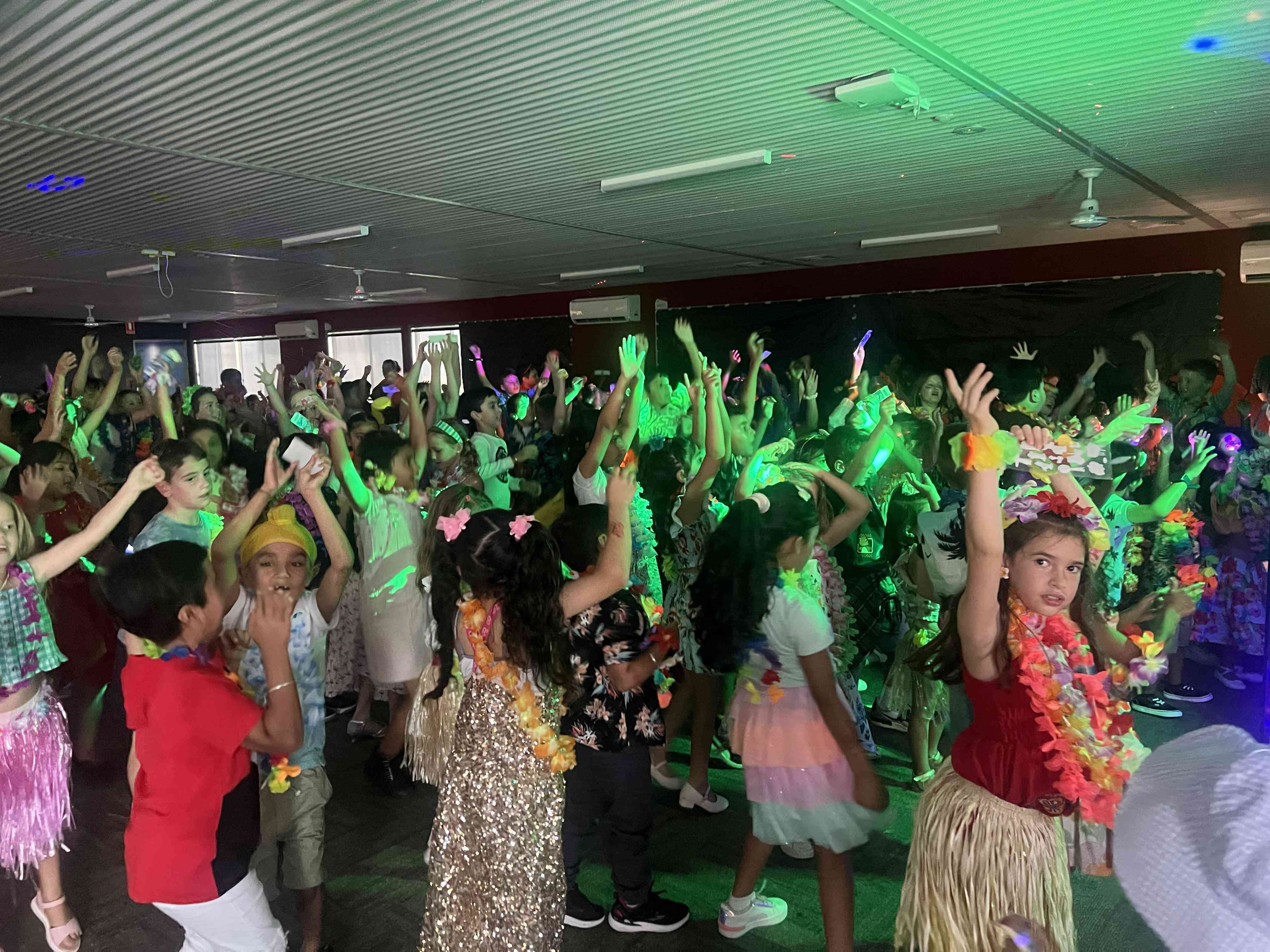

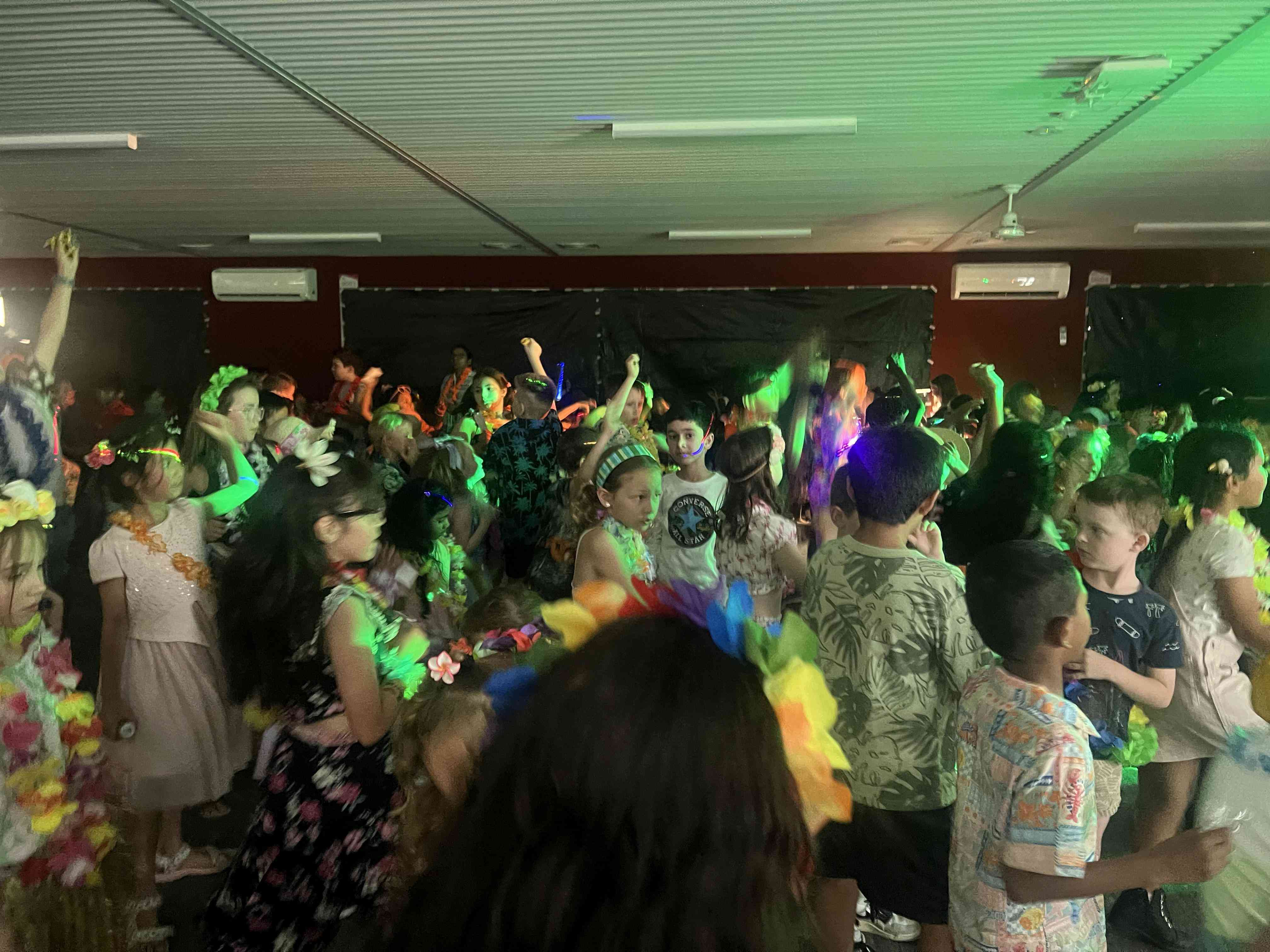
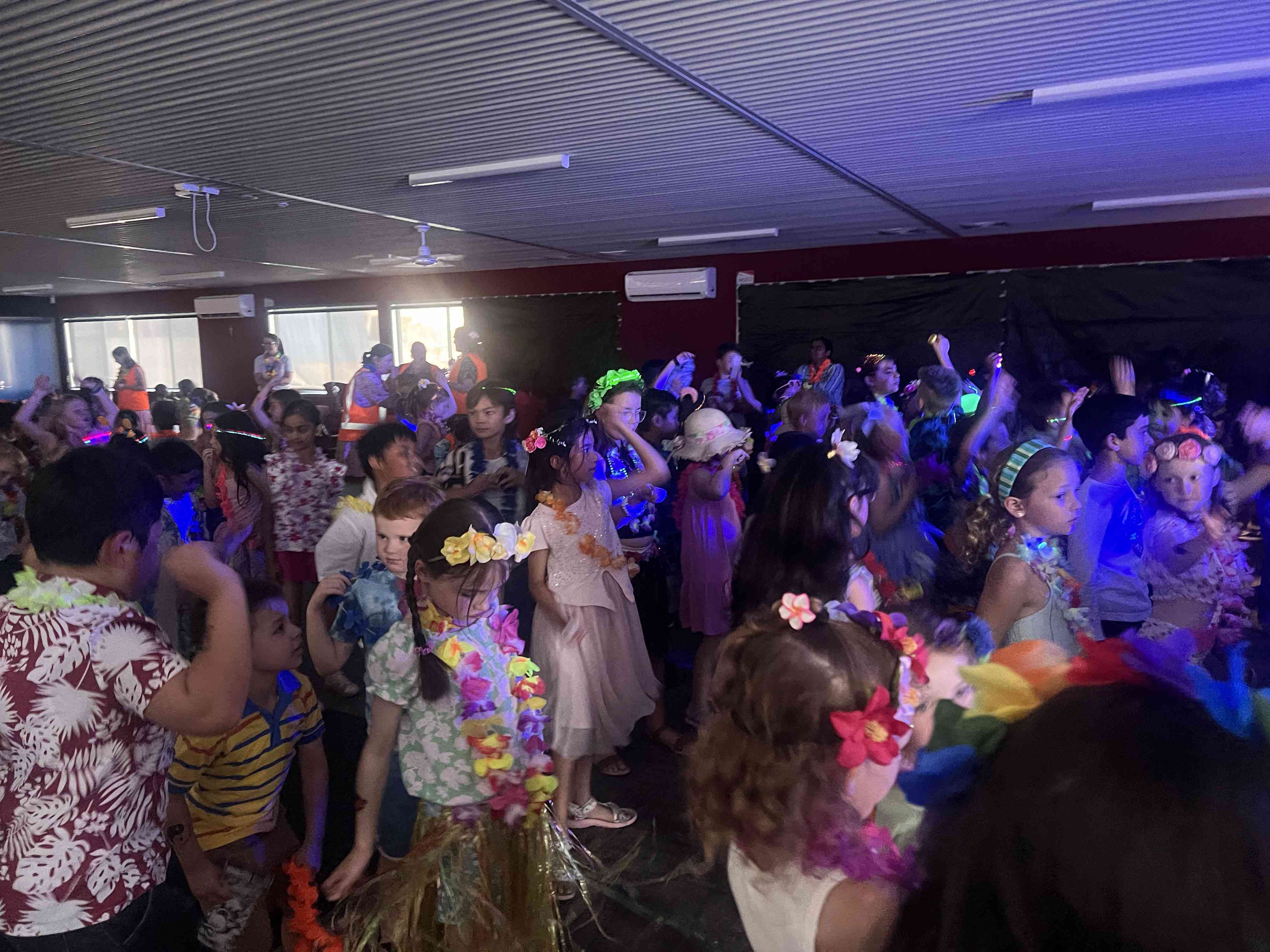







- There is a school closure day on Friday 26 April, the day after ANZAC Day. Therefore there is NO SCHOOL on Thursday 25 April and Friday 26 April.
- Over the school holidays works will begin on the L-Z Kiss and Drop Zone with the installation of concrete paths, safety barries and weather protection canopies (similar to the A-K area). Whilst the majority of works will be completed in the holidays there may be some interuption in the first week or so of Term 2. An update will be provided to parents at the end of the holidays as to any impacts that may occur when we return in Term 2.
- For weeks 1 and 2 of Term 2 students can wear either complete summer OR complete winter uniform (but not a combination of both). From week 3, Monday 29 April, we ask all students to be in complete WINTER uniform. The school holidays are the perfect opportunity to check that any uniform from last year is still meeting requirements or organsing what is needed.
Lenten Prayer Spaces
Over the last month each level in our school has taken an aspect of the Lent and Easter tradition and created a prayer space for others to visit.
Year 2 asked each Learning Group to reflect on Lent and what this means for each student.
Foundation prepared a space on Palm Sunday.
Year 1 prepared a space on the Washing of the Feet (Holy Thursday) and Year 5 prepared a space on the Last Supper (Holy Thursday).
This week Level 3 and 4 prepared a space on Good Friday and Year 6 prepared a space for Easter Sunday.
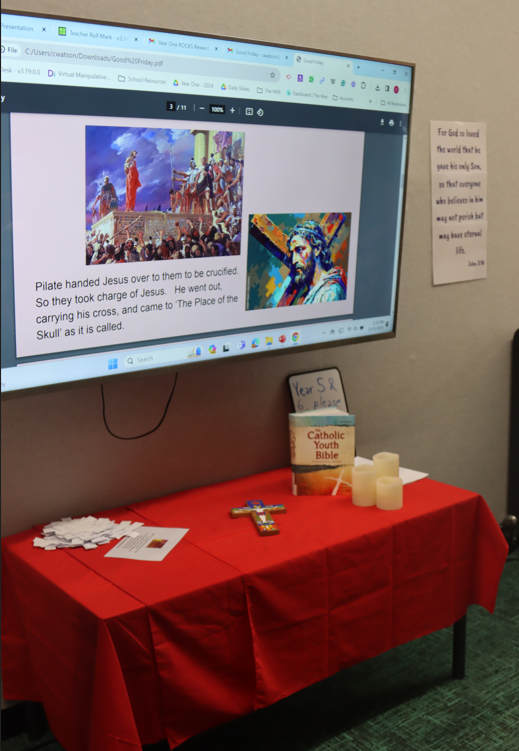
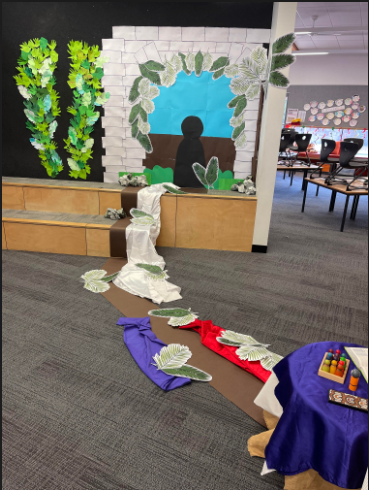

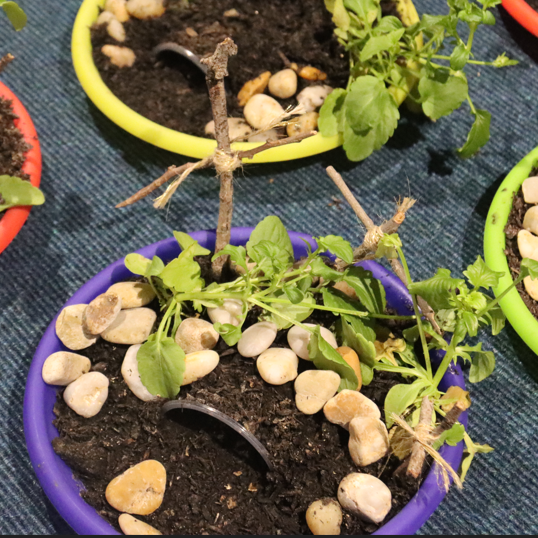






BLAST CRICKET TOURNAMENT
It has come to my attention that I accidently left off the name of one of our students when I put the newsletter piece in regarding our Blast Cricket team. Well done to all of the below students on representing our school so well. To win 3 out of 4 games and to play in the spirit that you did was fantastic.
Congratulations Yug, Josh, Cruz, Nixon, Aiden, Alfred, Aarav, Taj, Ricky, Dakshan and Ashton on your efforts. A big thanks also to Brayden and Liam who were part of our training squad and were a big part of what this team achieved. We look forward to doing it all again next term when we enter the District Soccer Lightning Premiership.
REGIONAL SWIMMING
Today will see Olivia.B from Year 4 attend the Regional Swimming Championships at Rosebud where she will compete in the 50 metre breaststroke. Olivia has progressed to this stage by winning both the District and Division Championships and now finds herself in the top 64 swimmers in Victoria. The winner of Olivia’s race will progress to the eight-person State Final. This is a truly incredible achievement by Olivia and we wish her all the very best.
We are very proud of her.
HOUSE CROSS COUNTRY
On Monday we held the House Cross Country for all Year 4-6 students. It was great to see our students having a go and putting in such great effort across the day. I was incredibly proud of the resilience shown by everyone to make it to the finish line. We will now have a squad of students head to the District Championships to be held at Toomuc Reserve, Pakenham on Friday 10 May.
The overall house points result was so close and it came down to the very final race.
Congratulations to St.Patrick on a famous win! The final results were:
1 st – St.Patrick – 323 points
2 nd – St.Agnes – 322 points
3 rd – Mackillop – 211 points
4 th – St.Francis – 184 points
A huge thanks also goes to staff, parent helpers and some Year 9 students from St.Francis
Xavier for assisting and helping make the day a success.
In this edition of SchoolTV - ONLINE GAMING
Games are an integral part of human behaviour. It is normal and healthy for young people to engage in play as a part of their daily lives, including playing games online. And like most activities, online gaming can have both positive and negative outcomes. It can be intimidating and confusing for carers trying to understand a young person’s online experiences with many considering that staring at a screen is an unhealthy habit. However, the World Health Organisation does believe that as well as the risks, there are also many positive benefits associated with online gaming and these could be key in nurturing bonds with others.
During the pandemic, there was an explosive growth of gaming as people sought much needed connection during isolation. In the media, gaming often gets bad publicity because most coverage tends to concentrate on the minority of gamers who play to such an extent that it compromises all other areas of their life. However, online gaming can teach young people many skills including teamwork, concentration, communication and problem-solving. It requires a level of interaction and skill from the player; unlike watching television, which is more passive.
Online communities provide opportunities for young people to feel socially connected and have a sense of belonging. At healthy levels, gaming can increase their self-esteem and social acceptance. However, any behaviour, when taken to extreme, can also have a negative impact on a young person’s everyday life. Understanding what your young person experiences online and knowing the warning signs if they are at risk, will help nurture a more positive relationship with online gaming and help your family find the right balance.
If you are concerned about your young person’s online gaming habits, it’s important to consider a number of factors. This edition will provide strategies in how to deal with any issues you may be experiencing.
We hope you take time to reflect on the information offered in this edition of SchoolTV and we always welcome your feedback. If you have any concerns about your child, please seek medical or professional help.
Here is the link to the Online Gaming edition of SchoolTV
https://stclaresofficer.catholic.schooltv.me/newsletter/online-gaming
How to Help Kids Stay Safe Online
Adapted from: https://www.esafety.gov.au/about-us/blog Office of the eSafety Commissioner
- Start the chat
It’s not possible to be at your child’s side every second of the day, so it’s important to talk with them about online safety issues to help develop their critical thinking and ability to make good choices. It’s also good to let them know they can come to you for help if they have any concerns. You may feel they know more about the latest technology than you do, but you have more life experience to guide them.
- With primary school aged children use online devices in the open living spaces at home to make parent supervision part of the expectation for your child.
- Take the opportunity to set some boundaries around when and where they can use devices like tablets, smart TVs and gaming consoles, to help limit potential tech tantrums — you could even fill in an Early Years Family Tech Agreement
- Screen free time before bed is important for good sleep. Consider charging devices in a central location at a regular time each night to allow an hour screen free before bed.
- While you are all at home more, it’s a great time to co-view and co-play with your kids, so you can understand what they are doing and experiencing online.
- Learn about the games, apps, social media and platforms they are using at The eSafety Guide, including how to protect their information and report inappropriate content or conduct.
- Use parental controls and safe search options
Parental controls can help block your child from accessing specific websites, apps or functions. They can also monitor your child’s use of connected devices and set time limits. But beware! You cannot always rely on them — they should be used in combination with other online safety strategies.
- Parental controls are available on most tablets, smartphones, computers, TVs and gaming consoles.
- You can also download family safety controls or buy robust filters out of the box.
- You can set up child-friendly search engines, or select safe search settings on digital devices, to help prevent your child from stumbling across inappropriate sites and content.
- Check smart toy settings
It’s surprising how many toys or devices can connect online these days, from drones and smart teddies to tablets and wearables. While they can be both entertaining and educational, they can reveal your child’s personal details and location — and allow other people to contact them without you knowing. You can help keep them stay safe by:
- setting strong passwords
- turning off location settings
- limiting the amount of personal information shared.
The eSafety Gift Guide has advice on what to check for and how to stay safe.
- Look out for unwanted contact and grooming
Unwanted contact is any communication that makes your child feel uncomfortable or unsafe, even if they initially welcomed the contact. It can come from a stranger, an online ‘friend’ or even someone they actually know. At worst, it can involve ‘grooming’ — building a relationship with the child in order to sexually abuse them.
You can help by:
- making sure their accounts are private — including chat functions on games
- encouraging them to delete requests from strangers and any contacts they don’t know in person
- checking in with your child as they use online devices in the open living spaces at home
- reporting and blocking anyone suspicious on a website or service
- remembering that if suspicious online contacts become aggressive or threatening you should contact your local police.
- Know the signs of cyberbullying
Kids who are bored by long periods at home can pick at each other, and that happens online too. So it’s important to keep an eye out for cyberbullying. It can include mean posts, comments and messages, as well as being left out of online group activities like gaming.
- Remember, when they are away from school, kids have less access to their usual support systems, including friends, teachers and counsellors.
- eSafety research shows that girls are more likely to be affected than boys and the person doing the bullying is generally someone they know from school.
- Watch out for signs such as your child appearing upset after using their mobile, tablet or computer, being unusually secretive about their online activities or becoming withdrawn.
- Cyberbullying can make social isolation worse and the longer it continues, the more stressed kids can become, impacting on their emotional and physical wellbeing.
What to do if your child is being cyberbullied
As parents, our first instinct may be to ban our children from social media, disable the wi-fi or turn off the data access. But this can actually compound the problem, making your child feel as if they’re being punished and heightening their sense of social exclusion.
There are four simple steps that can help minimise the harm:
- report the cyberbullying to the social media service where it is occurring
- collect evidence of the cyberbullying material
- if the material is still public 48 hours later, make a report to eSafety — we work with social media platforms to have the harmful content removed.
block the offending user.




